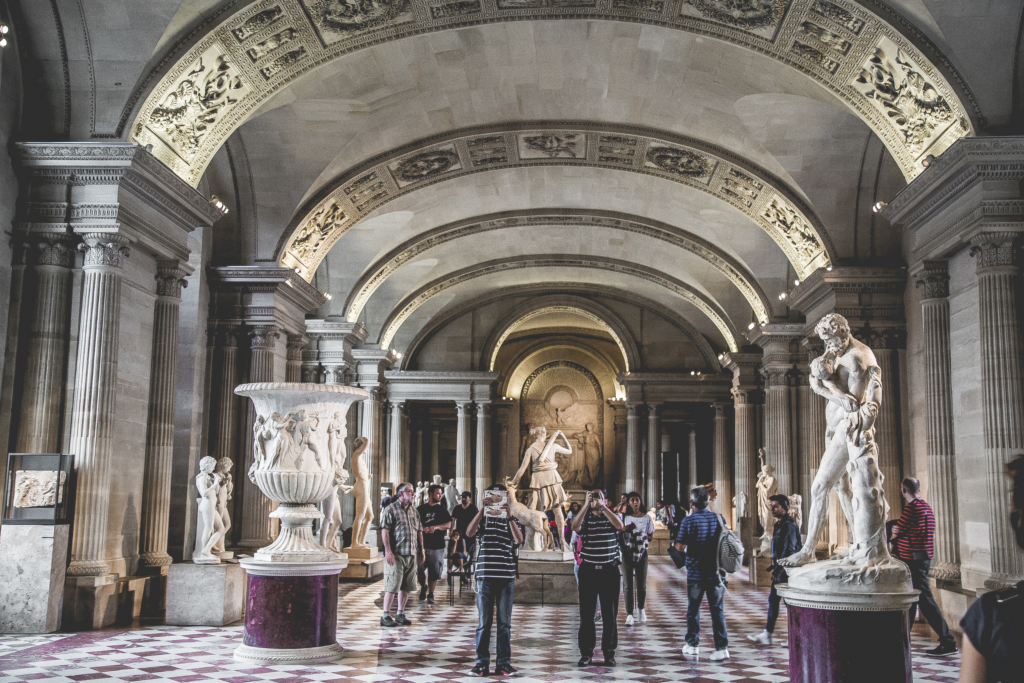Citizen Science practices- Paris workshop results

Scientific knowledge production has been changing across centuries. Initially, we may simplistically assert that scientific production was in the hands of “lords” and “ladies” of science that were amateurs and mostly motivated by curiosity. After the constitution of universities and schools, the XXth century has thus led to an intense professionalisation and institutionalisation of scientific practices where scientists
have become experts of very often restricted and limited fields of research.
However, different voices from different places have raised various concerns on the future of scientific knowledge production. In a recent paper in Nature, a marked decline in disruptive science and technology over time is observed and this can be attributed to scientists’ and inventors’ reliance on a narrower set of existing knowledge (Park, Leaney and Funk, 2023). There are other voices raising the urgent need to address the ethics of inclusion in any scientific practice (Strauss, White and Bierer, 2021). This need may involve the need to build partnerships in science with communities and social groups. For instance, the INVOLVE UK health-research advisory group states “A project that is co-produced is one in which researchers, practitioners and the public together share power and responsibility for the work throughout. The ‘whys’ of this process are self-evident: patients and the public have the right to be more than just participants in research, and their involvement can lead to better outcomes.”.
From a policy level, the European research policy envisages scientific research oriented by specific societal goals, such as the Sustainable Development Goals (SDG) of the United Nations8. Just for illustrative purposes, a recent report imagines mission-oriented research. The report already includes citizens in this effort stating: “Bold missions can provide new syntheses that are today impossible and thus will hopefully achieve the breakthroughs that are urgently needed to solve some of the most pressing issues facing our citizens.” The report also hints that: “Citizens can possibly be mobilised to become active participants in missions, for example by cleaning plastics from beaches or by providing real-time monitoring data as enabling technologies develop and become more universally present in society.” (EU, 2018). European Research Executive Agency also supports Open Science which not only favours transparency and accessibility of scientific knowledge but also promotes democratisation of science, knowledge co production or the active involvement of citizens, groups, or communities in scientific research with for instance Citizen Science practices.
From an epistemological point of view, the term Citizen Science (CS) was originally used during the 1990s with two very different starting points which however can converge. First approach motivates CS as a participatory data gathering (Bonney, 1996) which has multiplied its capacity thanks to the digital revolution of the internet and wide use of mobile phones devices. Alternatively, CS can also be seen as a way to assist the needs and concerns of citizens and as a form of science developed and enacted by citizens themselves (Irwin, 1995).
During the workshop, we adopt a broad understanding of CS: “the term citizen science has been commonly used to describe different forms of participation in scientific knowledge production” and even “to describe various forms of participatory action research and digital volunteerism, including Community
Science, Civic Science, People-Powered Science, Participatory Mapping, Participatory Science, Volunteered Geographic Information (VGI), Community Remote Sensing, Citizen Observatories, Crisis Mapping and Citizen Generated Data […]” (Haklay et al., 2021). The reader is also encouraged to consult the broad
monograph (Vohland et al., 2021) where different aspects involved in CS practices are carefully discussed, education included.
However, during the workshop, we aimed to point out the basic aspects involved which already prefigures a specific vision of CS practices. The vision was the one provided by a European H2020 project called CoAct, Co-designing Citizen Social Science for Collective Action. We believed that the approach suggested by this project might be strongly aligned at least with some aspects of key aspects of the
SENSE.STEAM model. The project webpage10 says: “CoAct is proposing a new understanding of Citizen Social Science as participatory research co-designed and directly driven by citizen groups sharing a social concern, in which they become coresearchers in processes commonly dominated by academic researchers. CoAct aims to bring together and further develop methods to give citizen groups an equal
‘seat at the table’ through active participation in research, from the design to the interpretation of the results and their transformation into concrete actions.” A more elaborated discourse can be found in the Deliverable (Scheller et al., 2020).
If you want to read more about the results of our Paris workshop, ran in the Louvre museum, we encourage you to check Deliverable 3.2 – Report on the Citizen Science and Art Practices- Workshop found in the project deliverables page.
